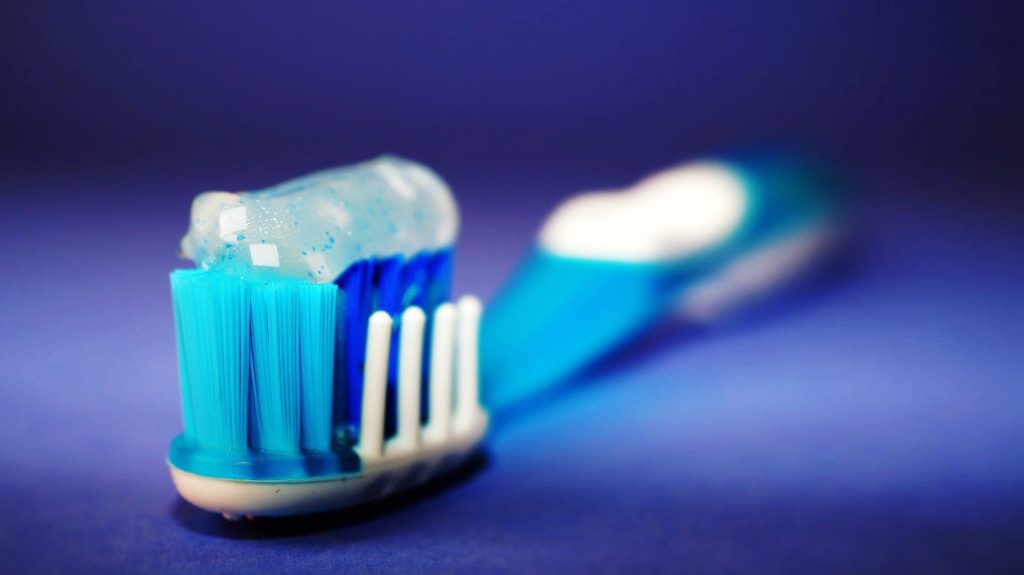
From a young age, we all got used to the fact that brushing your teeth is part of the daily ritual of personal care. However, sometimes we are not sufficiently responsible for its organization, not paying attention, for example, to the choice of toothpaste. But it must be selected individually. In this article, we will tell you how to do it.
Clean and treat
Among the most common problems that modern people face are the following:
-
- tooth sensitivity;
- enamel darkening, color coating;
- caries;
- the tendency to gum disease.
Each of these problems requires the obligatory intervention of a dentist – professional oral hygiene, treatment with antibacterial compounds, coating of teeth with special enamel strengthening agents, and, of course, timely treatment of dental caries help to avoid complications. But in each of these cases, the choice of home care products plays an important role. So:
- If the teeth react painfully to hot or cold food, they “break”, then their type is sensitive. A special paste for sensitive teeth is suitable for you, it will strengthen the vulnerable enamel due to the content of potassium and strontium salts.
- It happens that a person has strong enamel, but dark. In this case, bleaching paste is suitable. You can use it 1-2 times a week (more often than not, the enamel will suffer). The most powerful formulations contain hydrogen peroxide or carbamide peroxide, but you can only use these products with healthy teeth.
- An inflammation has developed in your oral cavity, there are wounds on the gums or stomatitis aphthae. An antibacterial paste is right for you. Gentle antiseptic agents have shown themselves to be the best: they not only cope well with pathogenic microbes but also help relieve irritation and inflammation of the gums. The composition often includes extracts of medicinal plants: sage, calendula, yarrow, chamomile.
- Pastes belonging to the type of anti-carious, contain mainly derivatives of fluorine and calcium. Fluorine is used to “heal” tooth enamel (it is able to close microcracks, preventing the development of a carious process). The content of this substance should not be too high: no more than 150 mg per 100 g of paste for adults and 50 mg per 100 g of children. Fluoride is contraindicated for some people – consult your doctor!
For special occasions
Dental hygiene with a braces system becomes more difficult when additional factors are present: for example if you have a braces system installed or you wear removable dentures. Children’s age also imposes special requirements – after all, the tooth enamel of babies differs from the tissues of adults.
Toothpaste for children should have a gentle composition, for example, based on dicalcium phosphate or silicon dioxide. The fluorine content should not exceed 0.025%. Many dentists do not recommend the use of fluoride in children under three years of age. Recommended RDA – no higher than 50.
If you wear braces, special attention should be paid to brushing your teeth. In addition to the standard brush and thread, you should also buy a special brush – with its help it is easier to get rid of food fragments in hard-to-reach places. Hygiene products are best chosen with high fluoride content, as orthodontic treatment makes teeth more vulnerable to caries.
If you wear dentures, do not forget to clean them regularly. Toothpaste is best chosen with mild action. Compounds with an abrasive effect should be avoided: they can scratch the surface of the prosthesis.
In addition to paste, they used special gels and rinses to care for the oral cavity.
Picture Credit: Pexels
